On Sunday, the hosts of Trigger–nometry, a YouTube show, posted an interview they’d done with Peter Hitchens. They labelled it ‘Lockdown is a catastrophe’, which is an accurate summary of the journalist’s view. Over the next 24 hours, instead of generating tens of thousands of hits, which their interviews normally do, it got very few. Why? The hosts got out their laptops and discovered that when they searched for the video on YouTube or Google, its parent company, it didn’t come up. That wasn’t a technical hitch. On the contrary, it’s a tried-and-tested method that YouTube and Google employ to suppress traffic to material they regard as suspect. It’s a form of censorship known as ‘shadow banning’.
This isn’t the first time YouTube has tried to silence critics of the official response to the pandemic. A couple of weeks ago, it removed an interview with Dr Knut Wittkowski, former head of epidemiology at Rockefeller University, and it also took down an interview with Professor Karol Sikora, dean of Buckingham University Medical School (later reinstating it). Last week, it removed an interview clip I had posted on my own YouTube channel entitled ‘The case against lockdowns’. The other person in that video was the Stanford professor Michael Levitt, winner of the 2013 Nobel Prize for Chemistry. What’s going on?
Apparently YouTube now has a policy of censoring any talking heads, no matter how distinguished, who dissent from Covid orthodoxy. This was announced by the company’s CEO Susan Wojcicki on CNN on 19 April. In an interview on Reliable Sources, she said YouTube would remove any information about the virus it regarded as ‘problematic’: ‘Anything that would go against World Health Organisation recommendations would be a violation of our policy.’
For those who care about free speech, this is deeply alarming. One of the WHO’s recommendations in the early stages of the pandemic was that countries indiscriminately quarantine whole populations, as China did. That policy, which has been widely taken up and which may well have caused more deaths than it has prevented, has resulted in the civil rights of more than a billion people being suspended. Is the American social media company really saying we’re not allowed to criticise that? Yes, because that’s exactly what I was doing in the video clip I posted.
At present, there’s no legal remedy, but that might change if the executive order President Trump issued last week preventing online censorship comes into force. The order would remove the legal immunity which companies like YouTube currently enjoy, whereby they can’t be held to account for their censorious behaviour — and it specifically mentions ‘deceptive blocking’, e.g. ‘-shadow banning’. In the meantime, there’s not much we can do.
But what if public authorities, as opposed to private companies, engage in similar forms of censorship? That’s what Ofcom, the broadcast regulator, has done. On 23 March, the same day Boris placed the entire country under virtual house arrest, the watchdog issued a guidance note warning broadcasters against showing ‘harmful coronavirus–related programming’. What did it mean by ‘harmful’? It didn’t say, but in an adjudication issued on 13 April it reprimanded ITV because This Morning presenter Eamonn Holmes said he thought the theory linking Covid-19 to 5G masts deserved to be debated. He didn’t say he thought the theory was true — on the contrary, he agreed that it’s ‘stupid’— just that it shouldn’t be verboten to discuss it. In its ruling, Ofcom said his statement ‘had the potential to cause harm because it could have undermined people’s trust in the views being expressed by the authorities on the coronavirus’.
I, too, think the 5G theory is silly, but that’s not a good reason to censor it. As the US Supreme Court Justice Louis Brandeis said, the remedy for ‘falsehoods and fallacies’ being disseminated in the public square is ‘more speech not enforced silence’. More importantly, if Ofcom has given itself licence during this crisis to ban from the airwaves anything that might undermine people’s trust in the government, there’s no guarantee it will stop at Eamonn Holmes. Why not prevent the BBC’s Laura Kuenssberg asking questions about Dominic Cummings on the same grounds?
The Free Speech Union, which I helped set up in February, has written to Ofcom, putting it on notice that we will take it to court if this guidance isn’t removed. I will let you know how the regulator responds.
Got something to add? Join the discussion and comment below.
Get 10 issues for just $10
Subscribe to The Spectator Australia today for the next 10 magazine issues, plus full online access, for just $10.
You might disagree with half of it, but you’ll enjoy reading all of it. Try your first month for free, then just $2 a week for the remainder of your first year.


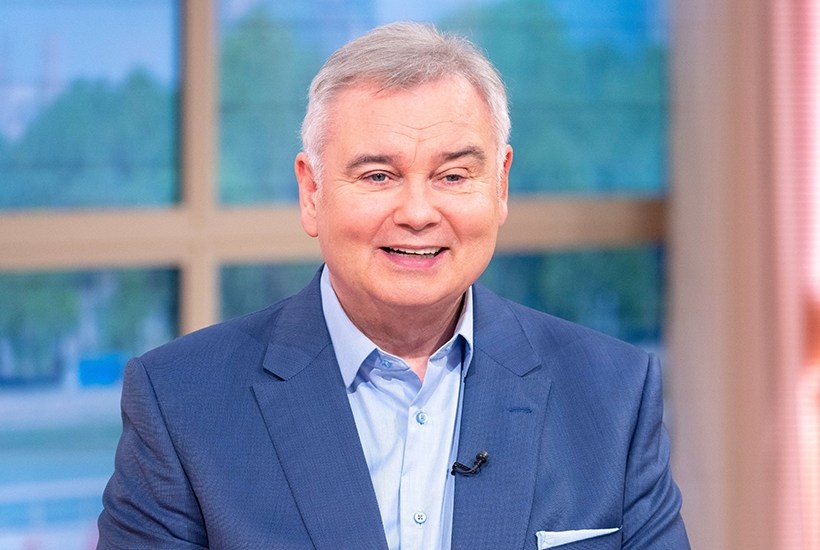
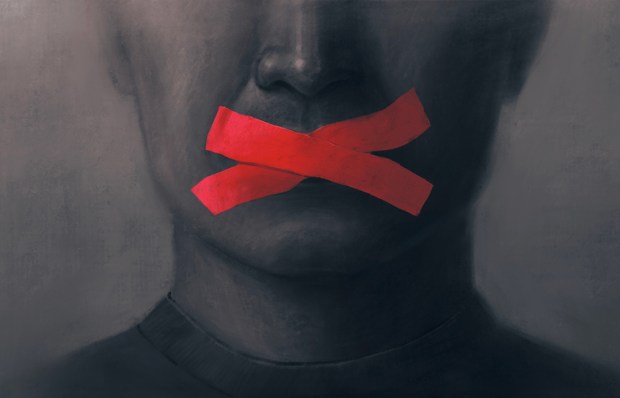

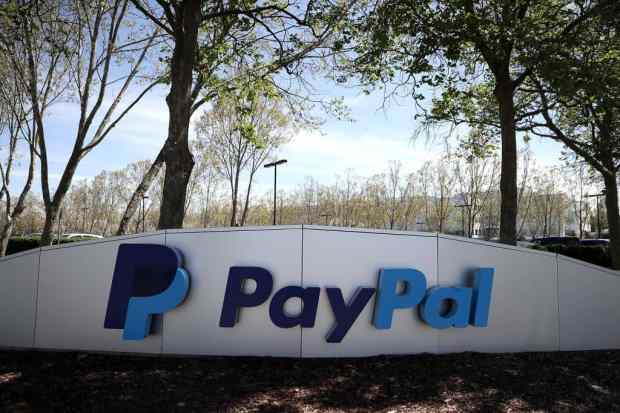
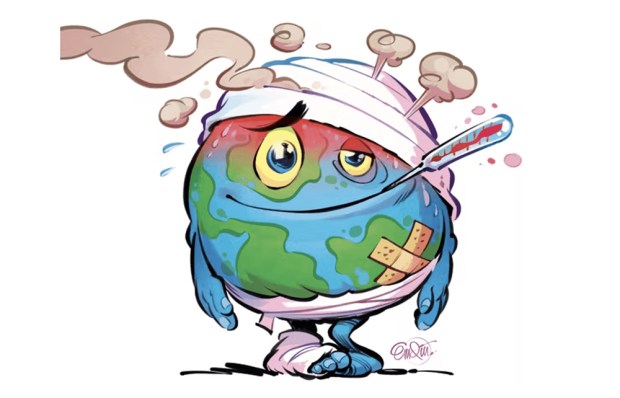
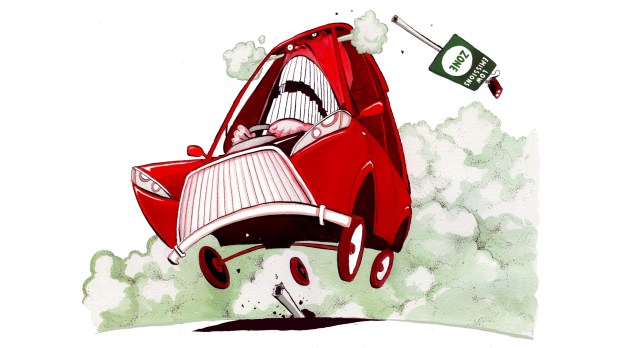
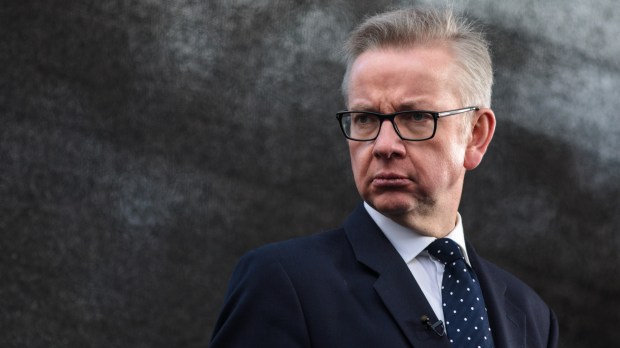






Comments
Don't miss out
Join the conversation with other Spectator Australia readers. Subscribe to leave a comment.
SUBSCRIBEAlready a subscriber? Log in